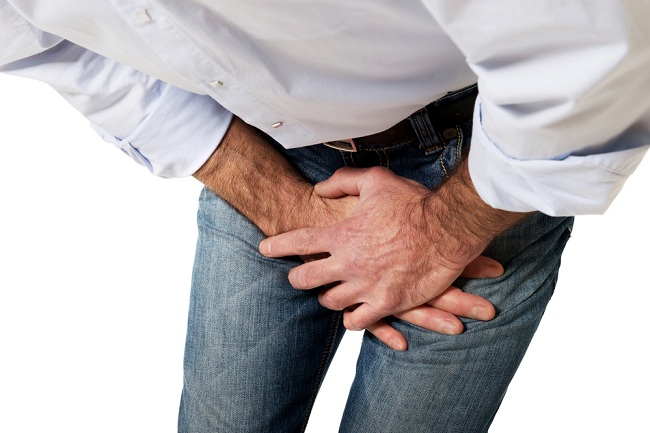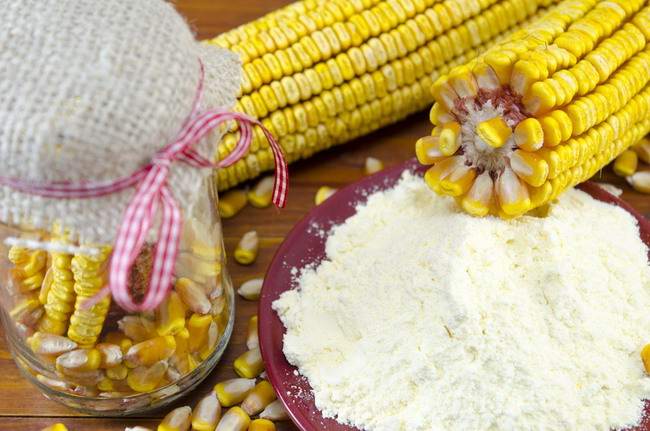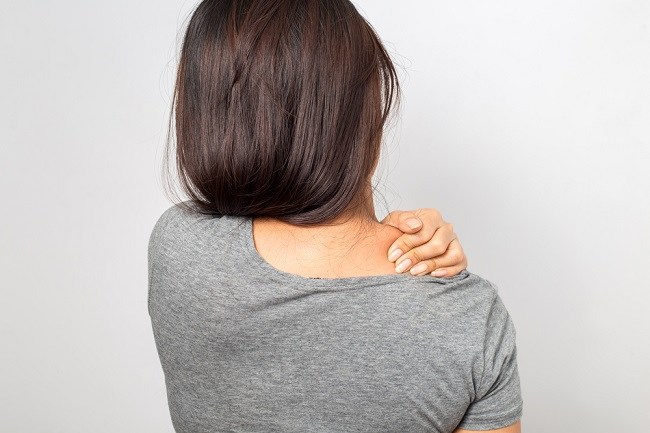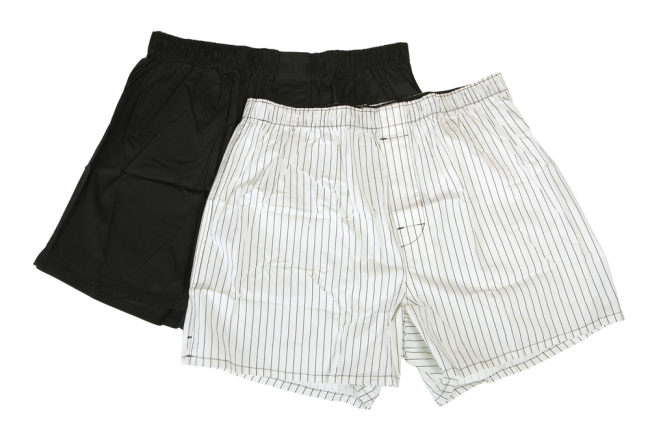Mother, teaching babies to grip can actually support their growth and development, you know. The reason is, the ability to grip will allow babies to recognize, learn, and understand everything around them.
Grasping is an ability that babies have had since birth. However, it does not mean that the baby is immediately skilled to grasp something shortly after birth.

It takes at least 1 year for babies to develop the ability to pick up or grip certain objects well and agilely.
Baby's Grasping Ability Based on Age
With age, the baby's ability to grip will also develop. The following are the stages of development of the baby's grasping ability based on age:
Age 0 – 2 months
At birth, babies actually already have a grasping reflex. Every time the palm of his hand is touched, the baby will try to grasp it using his tiny fingers. However, this reflex will diminish and begin to disappear when the baby is 2 months old.
Age 3- 4 months
If previously the baby's hands gripped more, entering the age of 3 months, the baby's hands will open more often because he just realized the hands are part of his body.
This awareness will make him more curious to explore, including sucking his fingers, clenching his fists, or trying to reach the things he wants. When Mother gives the item that the Little One wants, he can hold it for a few moments.
When the baby turns 4 months old, he begins to be able to pick up large objects. For example, block toys, dolls, or toy cars. However, he still finds it difficult to grip small objects, such as nuts or candy.
However, this ability will develop as the baby's ability to control his fingers increases.
Age 5- 8 months
Babies aged 5-7 months have started to learn to sit and are getting more proficient with using their hands. At this age, babies will be more active in reaching for objects that catch their attention and begin to transfer objects from one hand to another.
When your little one reaches the age of 8 months, it is recommended that you monitor him more closely when he plays. This is because the 8-month-old baby begins to bite frequently and put things in his mouth.
Age 9–12 months
At this age, babies have begun to be able to pick up various types of objects with their hands, although sometimes they still have difficulty. Usually, when the baby manages to get an object that catches his attention, he will give it to his parents.
In addition, babies also begin to control their fingers and try to reach small objects around them. When your little one is able to do this, you can teach them to eat by themselves by giving them pieces of fruit or finger food to his hand.
1 year and over
When entering the age of 13 months, babies will begin to be interested in arranging objects around them. He may also enjoy banging things around.
Only when he is 15 months old, babies will begin to be interested in writing tools and love to doodle. At this stage, you can give your little one crayons so he can learn to recognize colors.
Tips for Supporting Ability Baby Holding
The following are ways that can be done to stimulate the baby's ability to grasp objects:
1. Give a toy
Provide toys that are attractive and safe for your little one to touch and hold. In addition, choose toys with various shapes and sizes.
Place the toy in a place that is easy for your little one to reach and provide support so he can reach it. This activity is also able to train your little one's body and hand movements.
When your little one is 3 months old, you can train him to move more by laying him on a soft mat, then hanging a toy or object that catches his attention. This can make your little one interested in moving their limbs to reach the object.
2. Play facial expressions
Playing facial expressions can also stimulate babies to train their fingers. The trick is to show your little one different facial expressions and he may be interested in touching your face with his finger.
3. Read a book
Supporting the baby's grasping ability can also be done by reading books. Even though they can't understand what you are saying, your little one will love to use their hands to flip through the pages of the book.
4. Give a snack
When your little one is 9 months old, give him food that he can hold and eat on his own. In this way, your little one can learn to pinch or pick up food with his fingers to put in his mouth.
Every baby is unique in their growth and development. The grasping ability of one baby can be different from the ability of other babies his age, especially premature babies. The developmental stages of premature babies are usually slower or lagging behind when compared to full-term babies.
Even so, if your little one's grip is weak and has not been able to reach any object when he is 4 months old, has not been able to reach nearby objects when he is 6 months old, or has not been able to move objects from one hand to another when he is 9 months old, you should check your little one to the pediatrician to make sure there are no disturbances to his health or growth and development.









